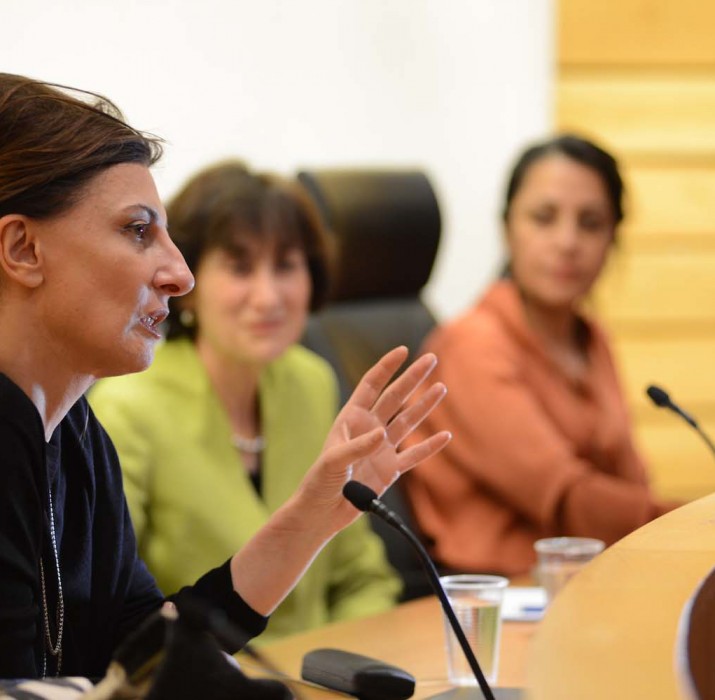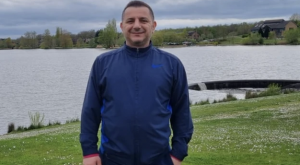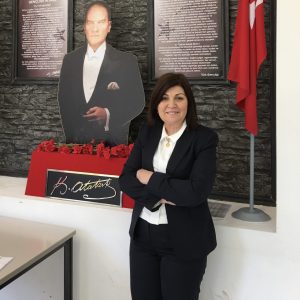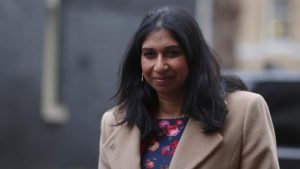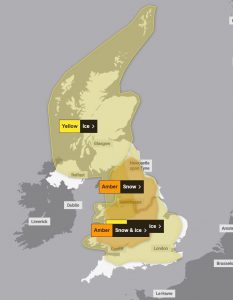“Regime changes in Turkey: Kurdish and international politics”
Dr. Zeynep Kaya from London School of Economics moderated a discussion at the Unite House on Regime changes in Turkey: Kurdish and international politics, inviting Prof. Nuray Mert and political scientist columnist Dr. Lenore G Martin.

Dr Lenore G. Martin opened her speech by analysing why under the Justice and Development Party (AKP) Turkey has found itself having strained relations with Russia and its NATO allies.
She began by discussing architect of AKP foreign policy and former Prime Minister Ahmet Davutoglu’s strategic depth foreign policy that led to improved relations between Turkey and its Middle Eastern neighbours, and allowed Turkey to mediate between Syria and Israel and to become increasingly engaged in the affairs of the region. She explained that Turkey was able to foster stronger ties with both Israel and the Assad regime in Syria. She added that Turkey expanded its trade wherever possible in the Middle East and that these policies were very effective. She argued however that the AKP’s ideological leanings had stunted these developments as demonstrated by Turkey’s poorer relations with neighbours and nearby countries for instance when Israel invaded Gaza in 2008 and with the outbreak of the Syrian civil war in 2011, which also damaged relations with Turkey’s Western partners who came to view Turkey as an Islamist militant supporter and therefore an unreliable ally. Dr Martin also added that Turkey’s over reliance on its geographical location had served as a double-edged sword, making it both strategically critical but also exposing the country to threats to its national security.

Prof Nuray Mert said that local politics and international politics have always been mutually inclusive, should one fails it is inevitable that the other one shall too. During the cold war times, Mert said that Turkey’s foreign policy was very simple and as a NATO member, it was being very dependant on the US. She also added in the era of Turgut Özal there were times that Turkey strived to make things better in its foreign policy. Prof. Mert, on the religious developlents in Turkish politics also mentioned their continuity in the past by remarking AKP’s Islamist approach has a historical root as every past government in power used to be conservative, as a primary value to “endure”.
Speaker Bios
Prof Dr Nuray Mert is a political scientist, columnist and former TV presenter from Turkey. She is a lecturer at the Department of Economics at University of Istanbul, and writes regular columns for national newspapers on current affairs, including Hurriyet Daily News. She hosted a TV show on current and political affairs at a national channel, and this was taken off air after the then Turkish Prime Minister Erdogan publicly criticised her. Her doctorate thesis was on ‘Secular Thought in Early Republican Period’. In 2012–2013, she was an International Scholar in Residence at the Stanford Humanities Center. Her published books include Hep Muhalif Olmak (Always in Opposition) (2001) and Turkiye’de Sivil Toplum ve Milliyetcilik (Civil Society and Nationalism) (2002)
Dr Lenore G. Martin is Professor and Chair of the Department of Political Science, at Emmanuel College in Boston, and an Associate of both the Weatherhead Center for International Affairs and the Center for Middle Eastern Studies at Harvard University. She chairs the Seminar on Turkey in the Modern World and co-chairs the Middle East Seminar, both at Harvard. She has received three Fulbright awards, the last one in 2010 as a Senior Fulbright Researcher at Middle East Technical University, working on Turkey and the Middle East. She has written books and numerous articles analyzing national security in the Gulf, the larger Middle East and Turkey, including: The Unstable Gulf: Threats from Within, Lexington Books 1984, New Frontiers in Middle East Security, edited, St. Martin’s/Palgrave 1999 and 2001, and The Future of Turkish Foreign Policy, co-edited with Dimitris Keridis, MIT 2004. In 2010, as a member of the Boston Study Group on Middle East Peace she co-authored, Israel and Palestine-Two States for Two Peoples: If Not Now, When? an on-line book with the Foreign Policy Association. In 2012 and 2016 she spent the Trinity Term at St. Antony’s College, University of Oxford as a Senior Associate Member and Visiting Academic respectively.

